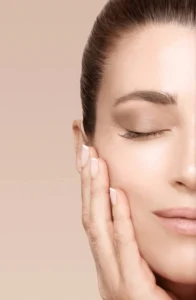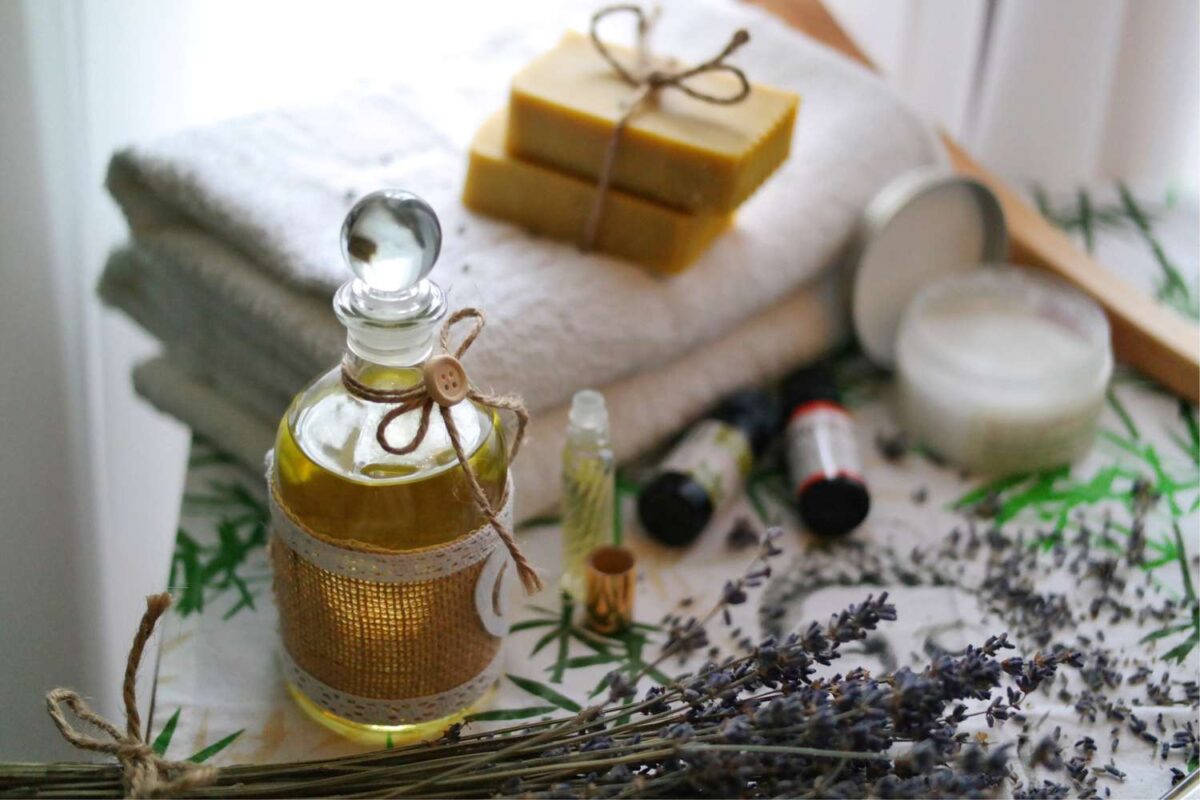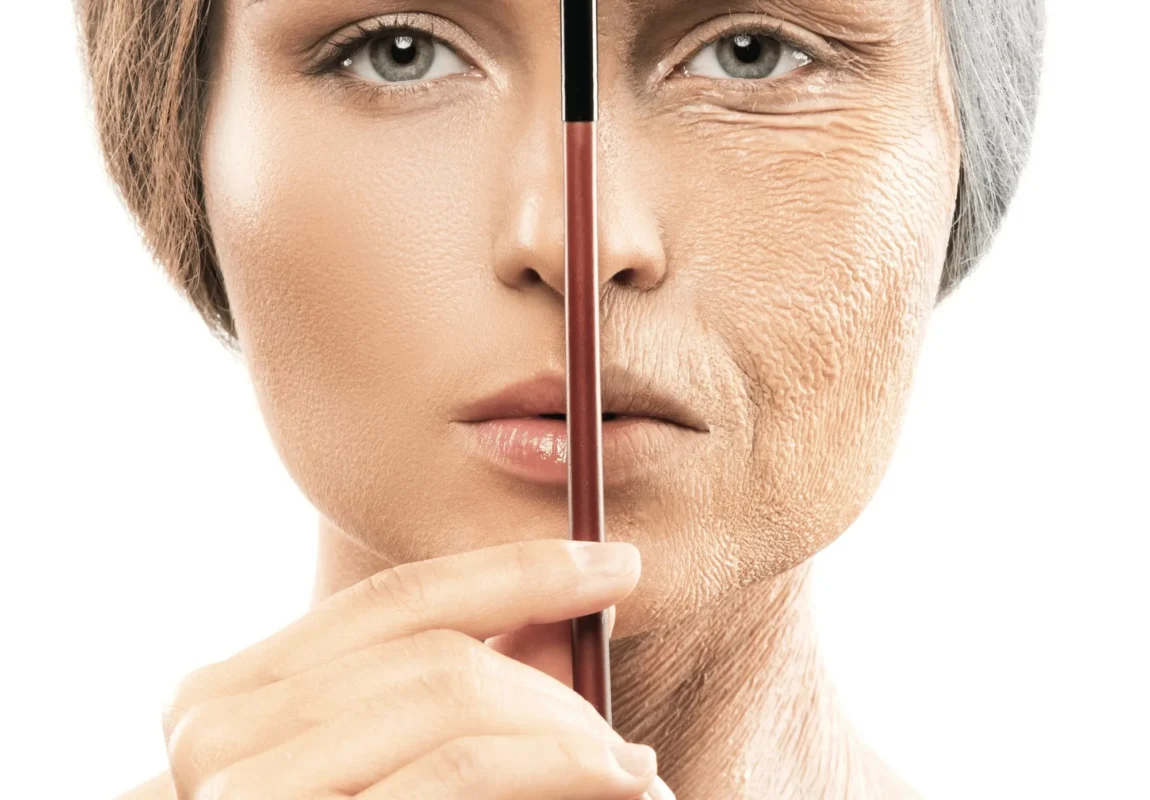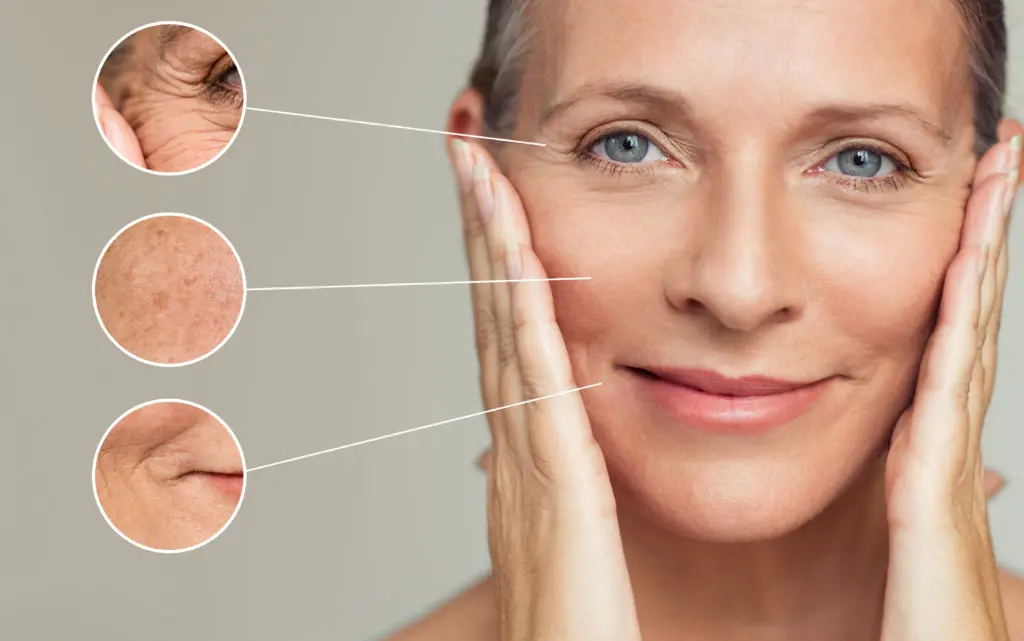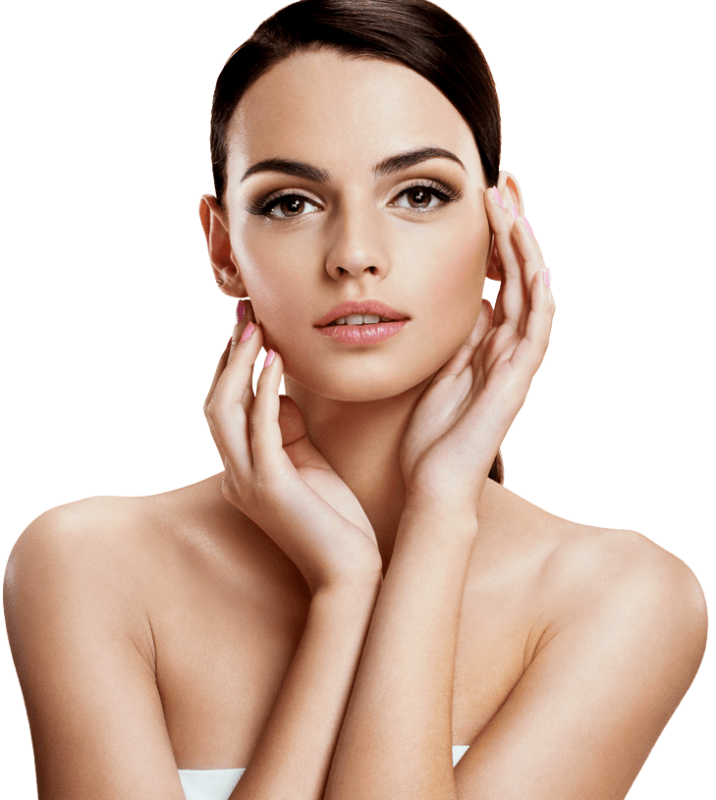In today’s world of fast-paced living, where convenience often trumps care, we have seen a significant shift towards natural and organic beauty products. Herbal skincare, a method of treating and nourishing skin with plant-based ingredients, has gained remarkable popularity in recent years. The appeal of herbal skincare lies in its ancient tradition of harnessing the natural properties of herbs and botanicals to enhance skin health without the harmful chemicals found in many commercial beauty products. In this comprehensive article, we will explore the benefits, types, and applications of herbal skincare, as well as provide practical advice on how to incorporate it into your routine.
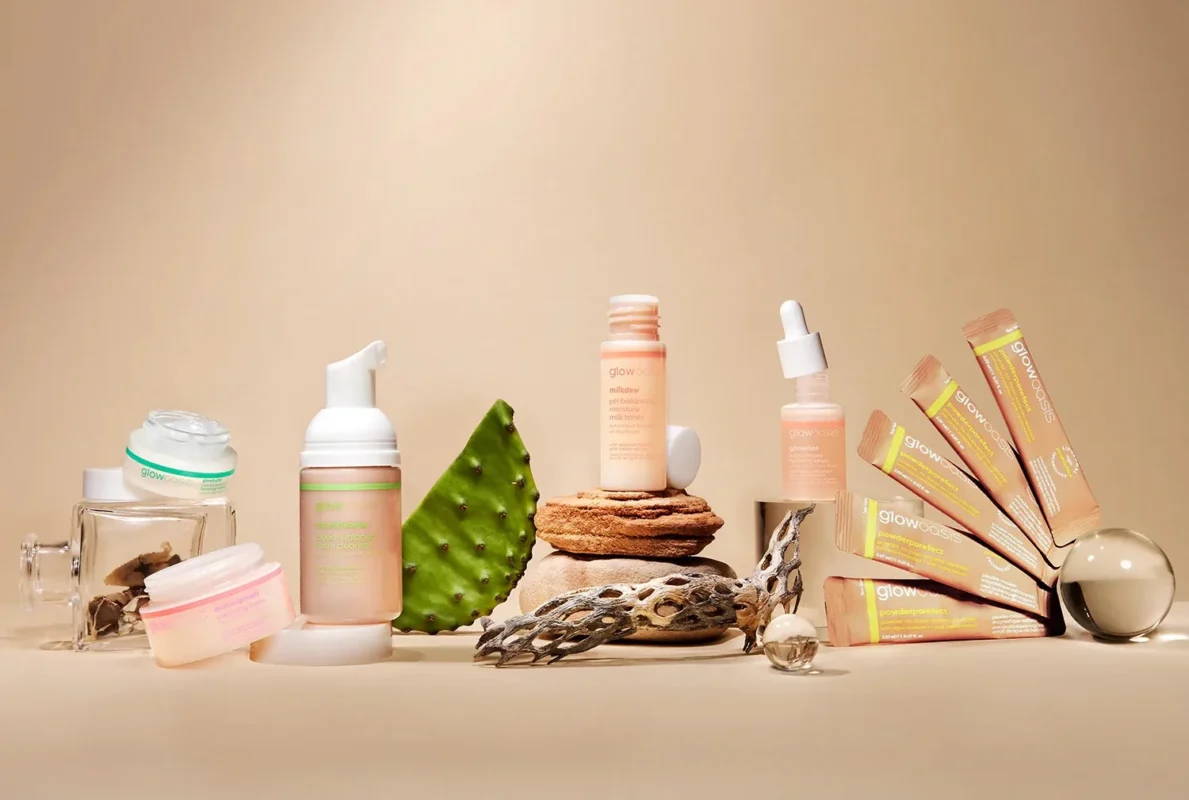
What is Herbal Skincare?
Herbal skincare involves the use of plant-derived ingredients and natural extracts in beauty and skincare treatments. The ingredients are sourced from roots, leaves, flowers, fruits, and seeds of various plants that have long been celebrated for their medicinal and beauty-enhancing properties. The premise of herbal skincare is rooted in the belief that nature has provided us with powerful substances that can protect, heal, and rejuvenate our skin, free from synthetic chemicals and additives.
From ancient civilizations to modern-day skincare routines, herbs have always played a significant role in achieving healthy and beautiful skin. Today, herbal skincare combines centuries-old knowledge with contemporary research to provide effective treatments for common skin concerns like acne, wrinkles, dryness, and sensitivity.
Read a detailed article on ” Best Herbal Skincare Products For Sensitive Skin 2025“
The Science Behind Herbal Skincare
Herbal skincare is grounded in the therapeutic properties of plants and their active compounds. Phytochemicals, which include alkaloids, flavonoids, terpenoids, and polyphenols, are bioactive substances found in plants that can have various positive effects on the skin. These compounds are often antioxidants, anti-inflammatory, antimicrobial, and hydrating agents, which contribute to skin health and overall beauty.
- Antioxidant Properties: Many herbs are rich in antioxidants, which protect the skin from damage caused by free radicals. Free radicals are unstable molecules that can lead to premature aging, skin irritation, and even skin cancer. Ingredients such as green tea, chamomile, and aloe vera are known for their powerful antioxidant properties, which help protect the skin from oxidative stress.
- Anti-inflammatory Benefits: Chronic inflammation is one of the leading causes of many skin conditions, including acne, eczema, and rosacea. Herbs like calendula, turmeric, and lavender contain anti-inflammatory compounds that soothe irritated skin, reduce redness, and promote a balanced complexion.
- Antimicrobial Action: Certain herbs have natural antibacterial and antifungal properties that help in preventing and treating skin infections. Tea tree oil, neem, and thyme are excellent examples of herbal ingredients that can keep the skin clear and healthy by combating harmful bacteria and fungi.
- Hydration and Moisture: Many herbal ingredients contain vitamins and minerals that hydrate and nourish the skin. Aloe vera, rosewater, and honey are well-known for their moisturizing effects, which can keep the skin soft, smooth, and supple.
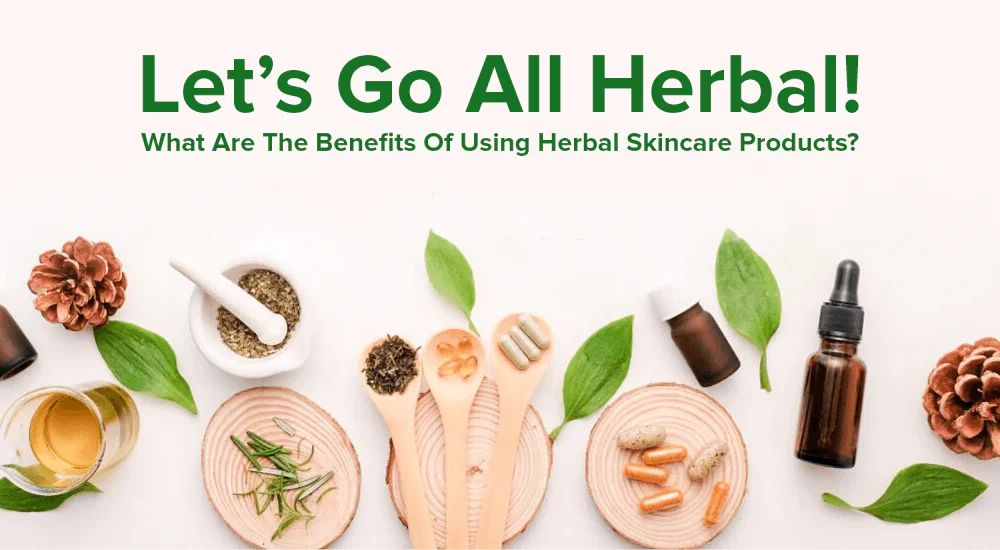
Benefits of Herbal Skincare
- Gentle on the Skin: Unlike synthetic chemicals found in conventional skincare products, herbal skincare is gentle and non-irritating. The natural composition of herbal products ensures that the skin is not exposed to harsh chemicals, fragrances, or preservatives, which can trigger allergic reactions or skin sensitivities.
- Nourishment from Nature: Herbal skincare provides a wide range of vitamins, minerals, and essential oils that nourish the skin. For example, chamomile and calendula offer healing properties, while rosemary and lavender provide soothing effects. These ingredients help restore the skin’s natural balance and support its overall health.
- Safe for All Skin Types: Herbal skincare is suitable for all skin types, including sensitive, dry, oily, and combination skin. Whether you’re looking for acne relief, anti-aging benefits, or hydration, herbal skincare offers solutions that can be customized to your skin’s needs.
- Sustainable and Eco-Friendly: Many herbal skincare products are made with sustainably sourced ingredients, free from harmful pesticides, fertilizers, and chemicals. This makes herbal skincare not only good for your skin but also for the planet.
- Prevention of Premature Aging: Herbal ingredients such as ginseng, rosehip oil, and gotu kola are rich in vitamins and antioxidants that stimulate collagen production and reduce the appearance of fine lines and wrinkles. Regular use of herbal skincare can help maintain youthful, radiant skin for longer.
Popular Herbal Ingredients in Skincare
- Aloe Vera: Known for its soothing and hydrating properties, aloe vera is often used to calm sunburns, reduce redness, and moisturize dry skin. It also has anti-inflammatory and antimicrobial effects, making it an excellent option for acne-prone skin.
- Tea Tree Oil: A powerful antibacterial agent, tea tree oil is frequently used to treat acne and blemishes. It helps to reduce inflammation, combat bacteria, and promote faster healing of skin irritations.
- Lavender: With its calming fragrance and anti-inflammatory properties, lavender is perfect for soothing irritated skin, reducing redness, and alleviating stress-related skin flare-ups. It’s also rich in antioxidants, making it an excellent anti-aging ingredient.
- Chamomile: Chamomile is known for its calming properties, making it an ideal ingredient for sensitive and irritated skin. It reduces redness and inflammation and promotes skin healing, making it perfect for those with rosacea or eczema.
- Turmeric: This golden spice has been used for centuries in Ayurvedic skincare for its anti-inflammatory, antibacterial, and brightening properties. Turmeric helps even out skin tone, fight acne, and reduce the appearance of dark spots and blemishes.
- Rosehip Oil: Rich in essential fatty acids and antioxidants, rosehip oil is an excellent choice for reducing the appearance of scars, fine lines, and stretch marks. It also hydrates and nourishes the skin, leaving it soft and radiant.
- Neem: Known for its powerful antibacterial and antifungal properties, neem is often used to treat acne and skin infections. It helps clear up blemishes, reduce inflammation, and promote overall skin health.
How to Incorporate Herbal Skincare into Your Routine
- Cleanser: Start your day with a gentle herbal cleanser that suits your skin type. For oily or acne-prone skin, look for cleansers with tea tree oil or neem. For dry or sensitive skin, aloe vera or chamomile-based cleansers can help nourish without stripping the skin of its natural oils.
- Toner: A herbal toner can help balance your skin’s pH levels and prepare it for the next steps in your skincare routine. Rosewater, witch hazel, and chamomile are great ingredients to look for in toners, as they refresh and hydrate the skin.
- Serum: Herbal serums are concentrated treatments that address specific skin concerns. For anti-aging, serums with rosehip oil, vitamin C, or turmeric can help brighten and rejuvenate the skin. For acne, look for serums with tea tree oil or lavender to control breakouts and reduce inflammation.
- Moisturizer: Hydration is key to healthy skin. A rich, herbal moisturizer with ingredients like aloe vera, honey, or shea butter will help lock in moisture and keep your skin soft and smooth throughout the day.
- Masks and Exfoliators: Herbal face masks and exfoliators provide a more intensive treatment for your skin. Use a turmeric-based mask for brightening or a honey and oatmeal scrub for gentle exfoliation. These treatments can be used weekly to detoxify, hydrate, and promote cell renewal.
- Sun Protection: Herbal skincare doesn’t mean neglecting sun protection. Many natural oils, such as carrot seed oil and raspberry seed oil, offer some level of sun protection, but always use a broad-spectrum sunscreen to protect your skin from harmful UV rays.
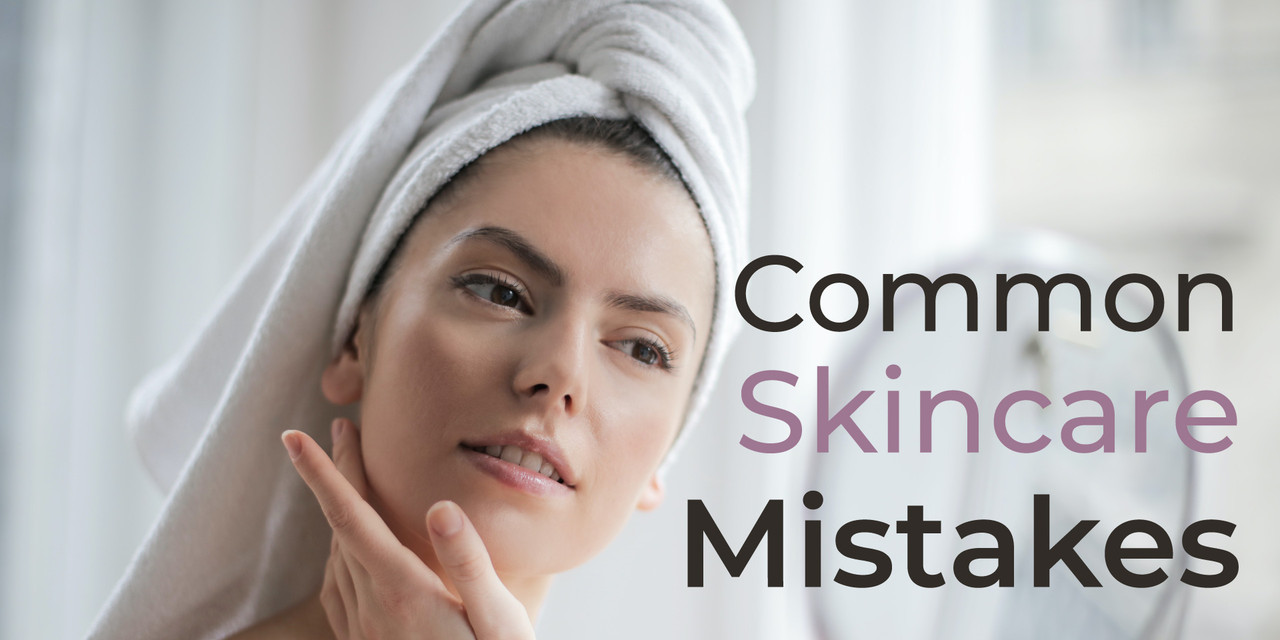
Common Herbal Skincare Mistakes to Avoid
- Not Patch Testing: Even though herbal ingredients are generally safe, it’s important to patch-test a small amount of product on your skin before applying it all over your face. This ensures you won’t have any allergic reactions or sensitivities to specific herbs.
- Overusing Products: Natural products can be potent, so it’s important not to overuse them. Stick to a balanced skincare routine and avoid applying too many herbal products at once, as this may overwhelm your skin.
- Expecting Overnight Results: Herbal skincare works gradually, so be patient. It may take weeks to see noticeable improvements in your skin, but with consistent use, you’ll experience healthier, more radiant skin over time.
- Not Choosing the Right Herb for Your Skin Type: Different herbs cater to different skin concerns. Make sure to choose products that are specifically formulated for your skin type (dry, oily, sensitive, etc.) to achieve the best results.
Conclusion
Herbal skincare offers a holistic approach to achieving healthy, radiant skin by drawing from nature’s wisdom. With the growing awareness of the harmful effects of synthetic chemicals, more people are turning to the gentler, more nourishing properties of herbs to care for their skin. Whether you’re struggling with acne, dryness, premature aging, or sensitivity, herbal skincare has something for everyone. By incorporating these plant-based remedies into your skincare routine, you’re not only giving your skin the nourishment it needs but also promoting a healthier, more sustainable lifestyle. So, embrace the healing power of herbs and unlock the secrets to glowing, youthful skin naturally!
